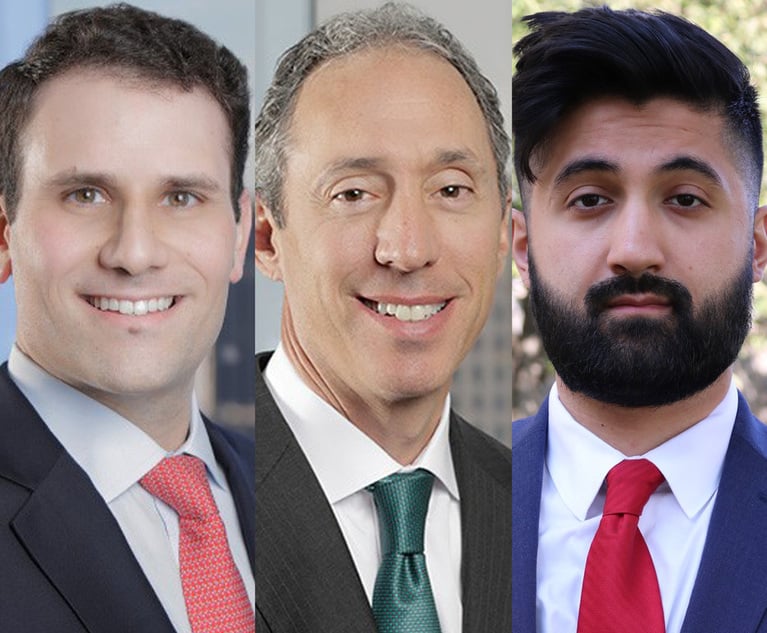 While the Federal Arbitration Act’s (FAA) substantive standards govern the confirmation or vacatur of almost every arbitration award issued in the United States, the FAA is the rare federal statute that does not give the parties entry to federal court. If you wish to litigate confirmation in federal court, it is important to be aware of the category of “nondomestic” arbitrations—which may offer an underutilized path to federal jurisdiction.
While the Federal Arbitration Act’s (FAA) substantive standards govern the confirmation or vacatur of almost every arbitration award issued in the United States, the FAA is the rare federal statute that does not give the parties entry to federal court. If you wish to litigate confirmation in federal court, it is important to be aware of the category of “nondomestic” arbitrations—which may offer an underutilized path to federal jurisdiction.
What Is a ‘Nondomestic’ Arbitration?
While the Convention on the Recognition and Enforcement of Foreign Arbitral Awards (commonly referred to as the New York Convention) is typically understood to focus on foreign arbitrations—i.e., arbitration awards issued abroad—it also encompasses awards issued in the United States that involve foreign parties or issues—often called “nondomestic” arbitrations. Thanks to this fact, you can have an international arbitration on your hands without realizing it—an arbitration can be held in the United States, litigated by U.S. lawyers, and involve primarily U.S. witnesses, but still be sufficiently “foreign” to be subject to the New York Convention.






